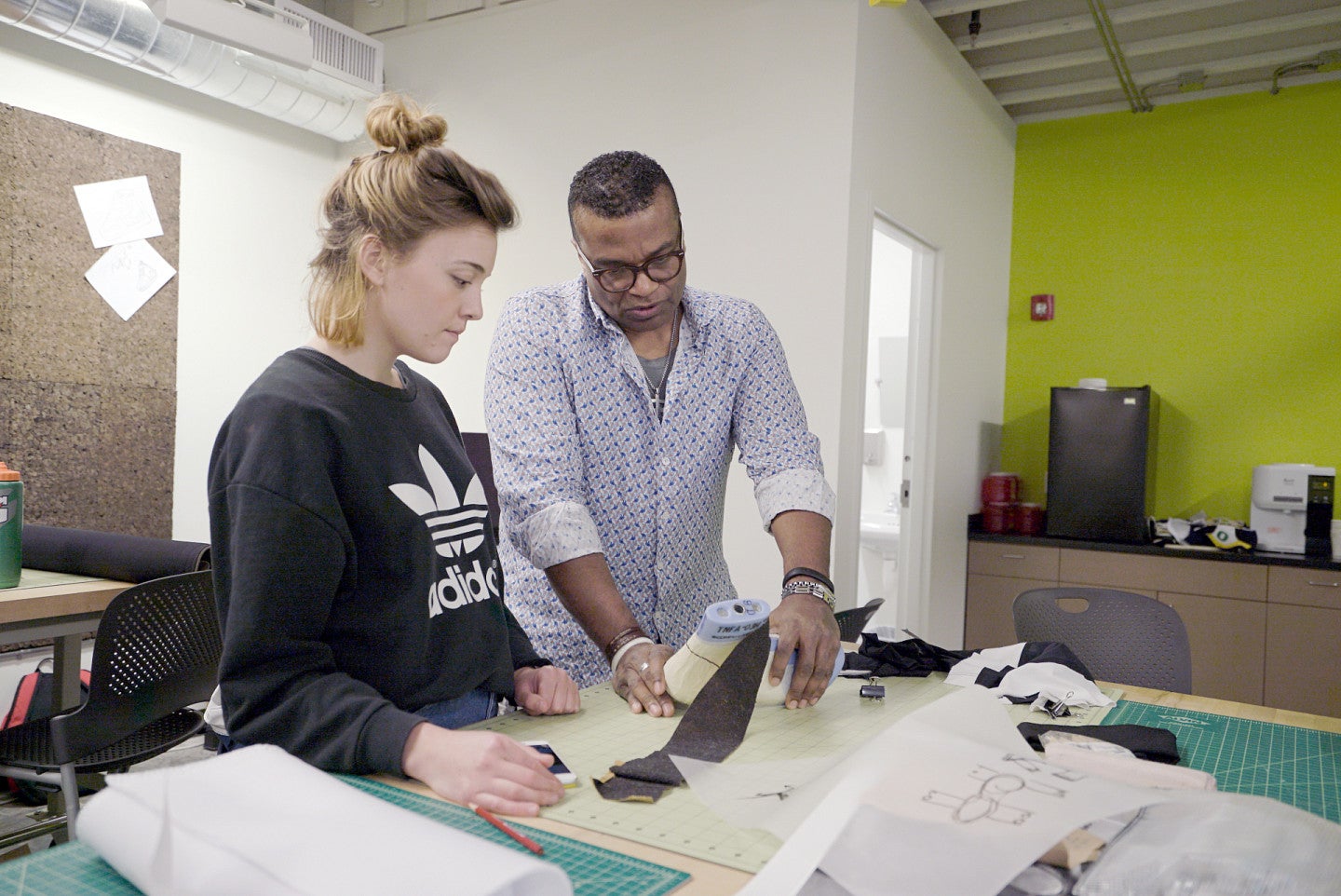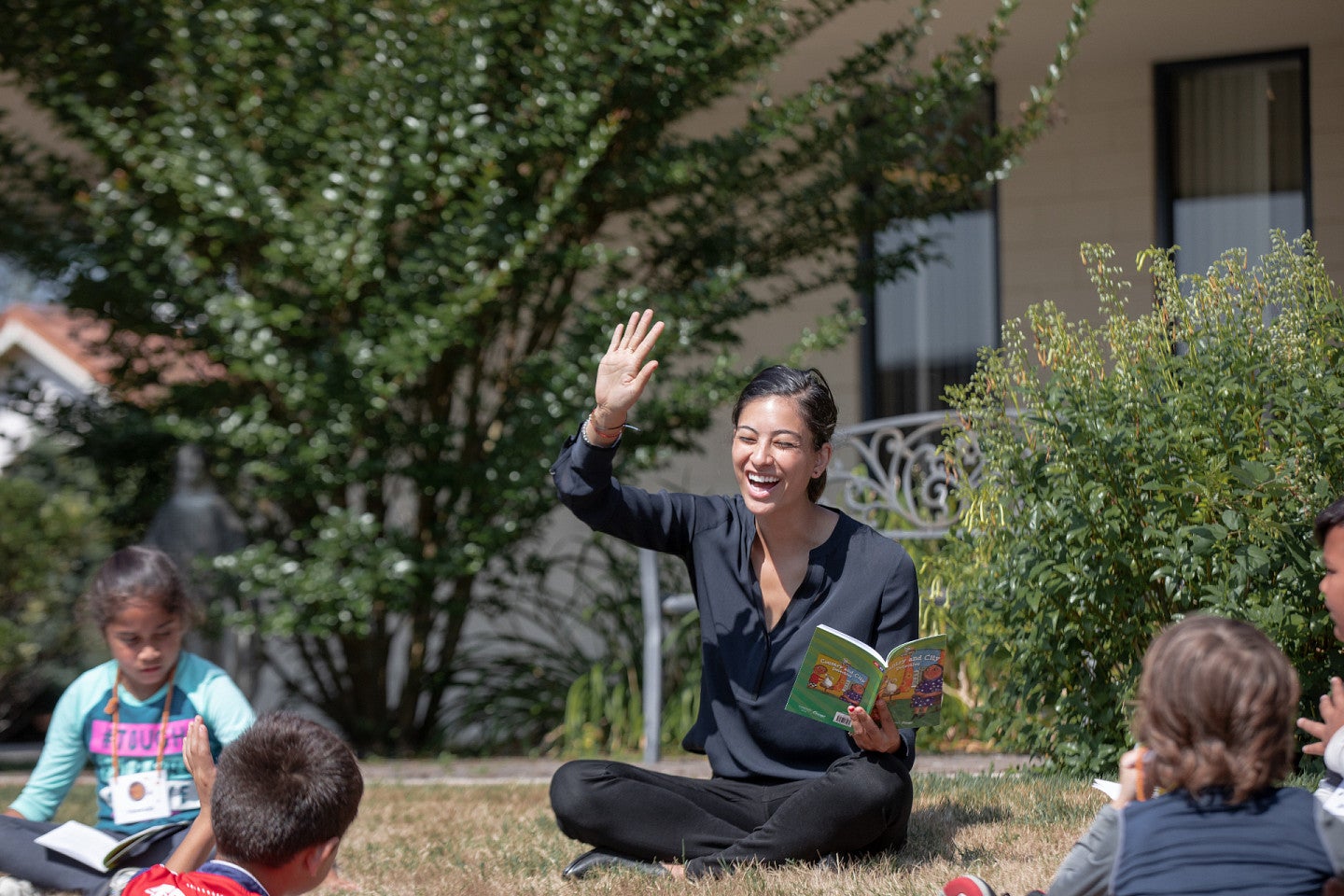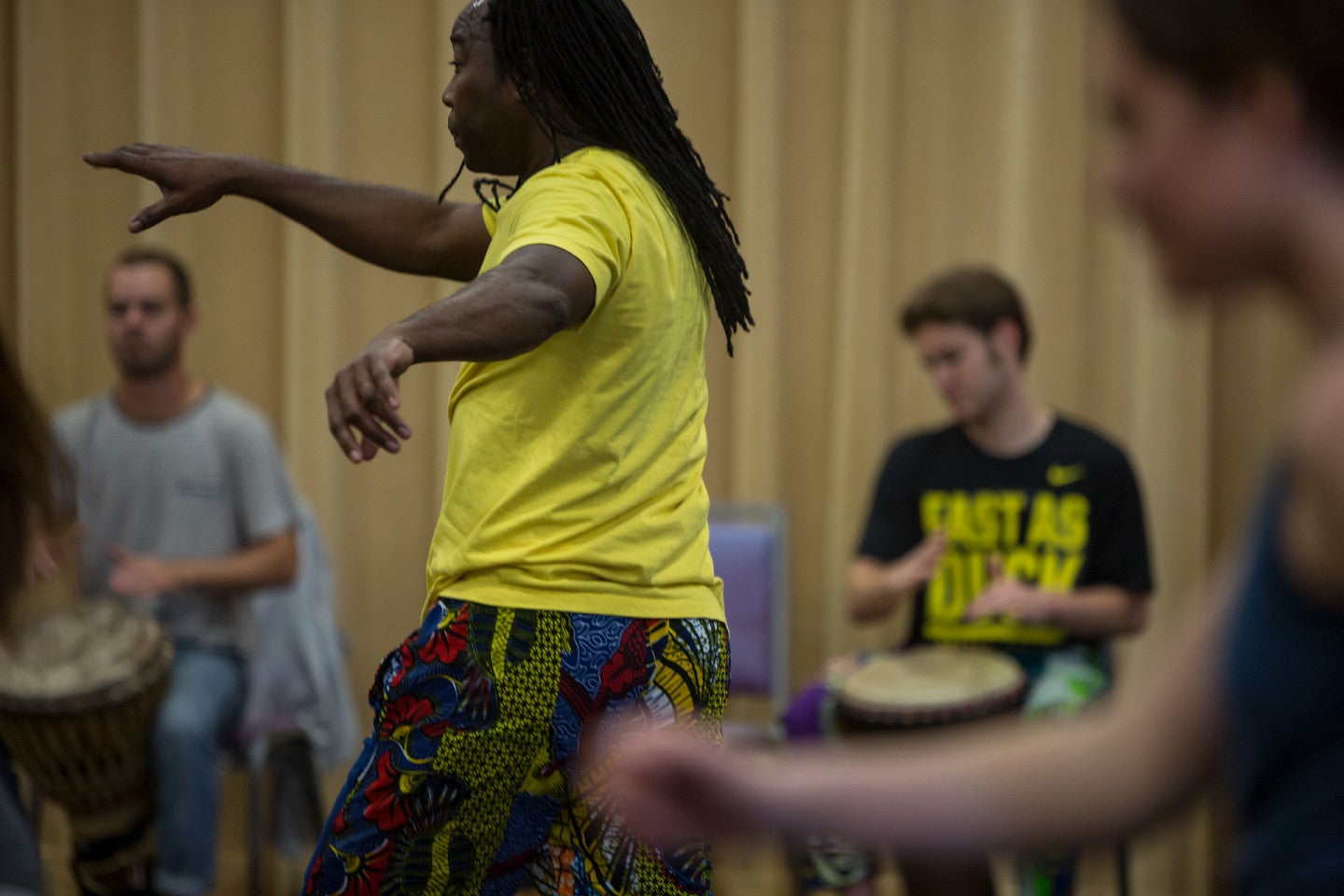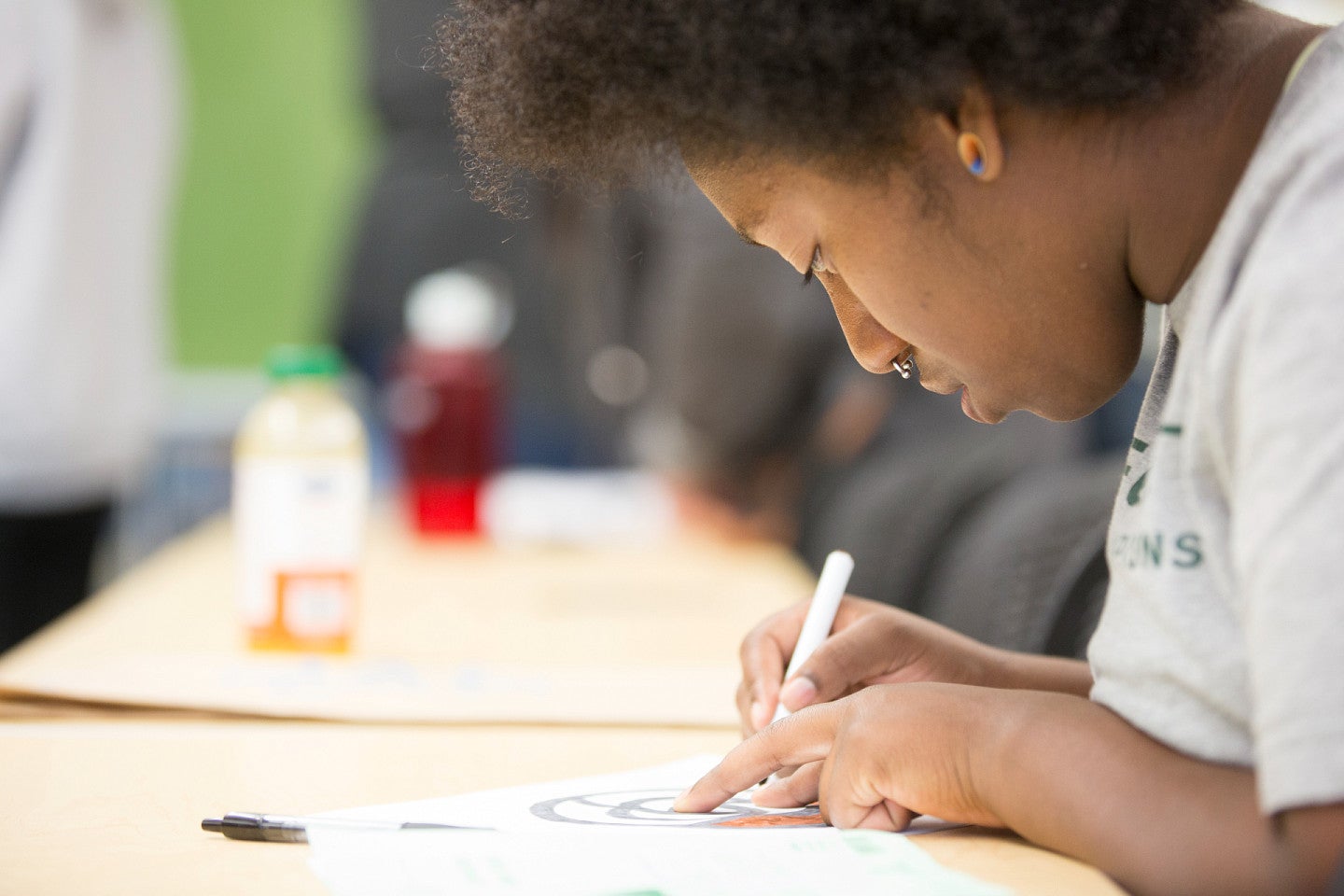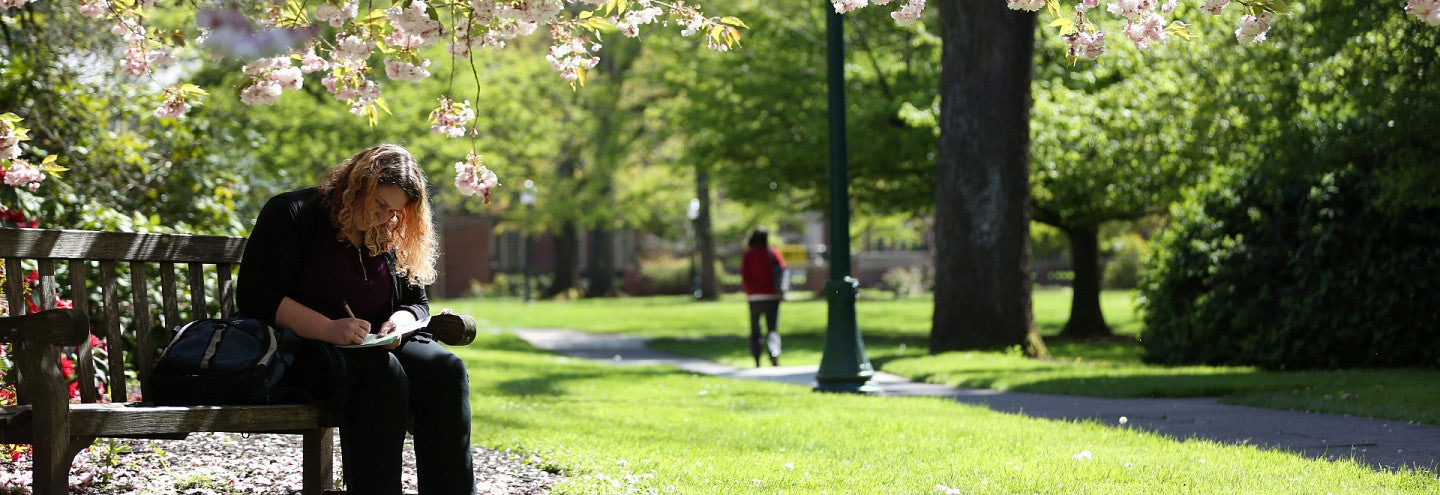
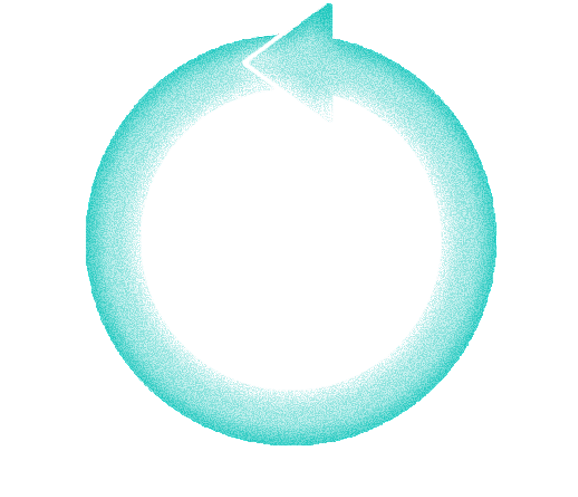
Closing the Loop
Assessment of student learning is an iterative inquiry process that aims to understand and improve the effectiveness of degree programs. Assessment activities include articulating program learning outcomes and student achievement goals, taking action to improve curricula, advancing initiatives to enhance student learning and success, and developing programs in ways that support your unit's and the university's strategic priorities.
The goal of annual assessment is to improve student learning, experiences, and achievement in our academic programs and to track departmental efforts related to program assessment including student learning and student achievement with a focus on closing equity gaps where they exist. See examples of the types of improvement that come from assessment efforts as UO departments close the assessment "loop."
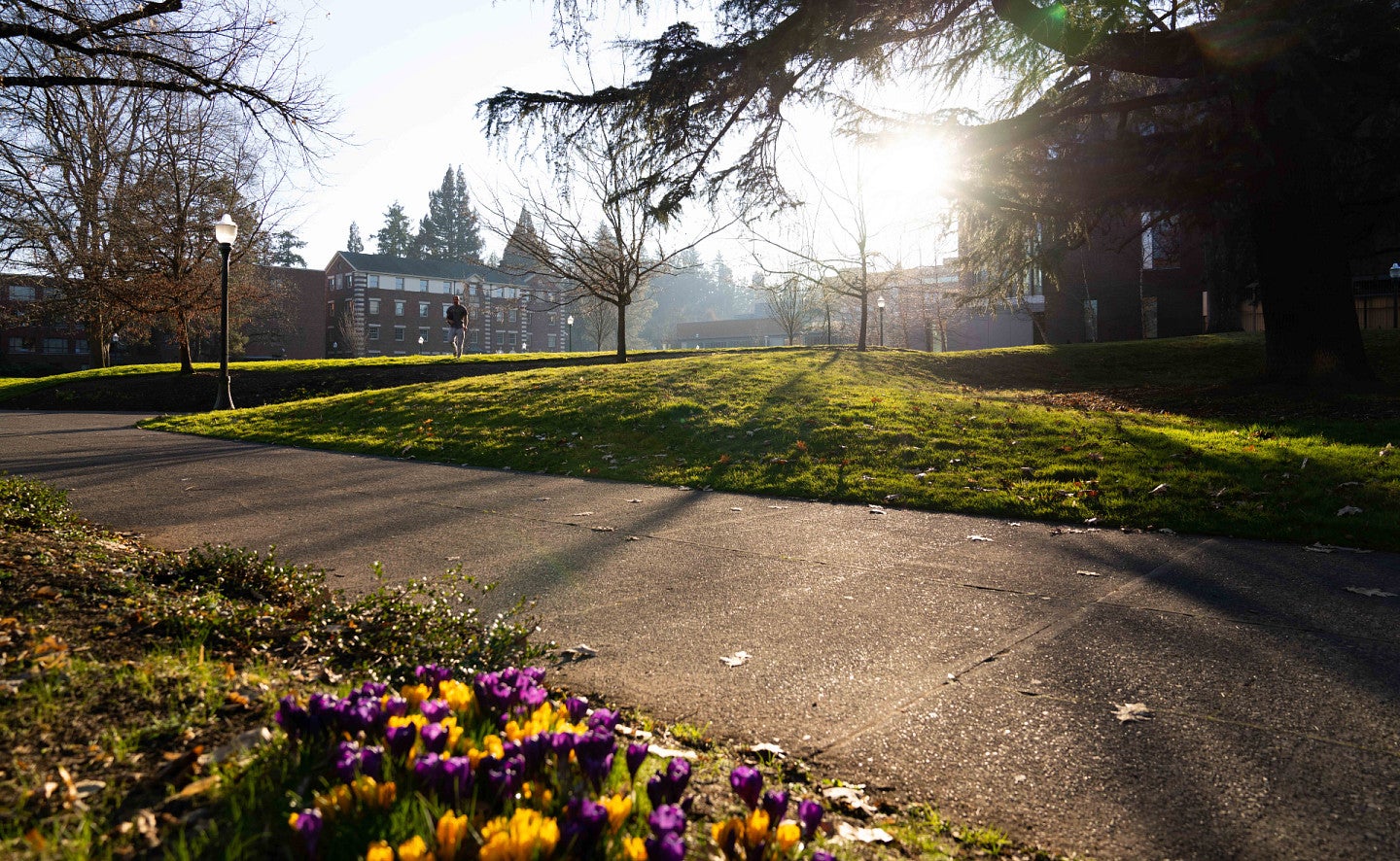
Each undergraduate major submits annual assessment report documenting their work to improve student learning and an update on student achievement goals. Reports are submitted each spring term briefly describing the goals, evidence, and actions taken as part of the assessment process. These reports allow UO to track faculty assessment practices and resulting actions to make changes across the curriculum, and to report on those to our regional accreditor, the Northwest Commission on Colleges and Universities. Reports may include any assessment activities in your unit since your last report was submitted.
► Undergraduate assessment guidelines Due April 28, 2025
Graduate Programs submit assessment reports in even years. Next reports due Spring 2026.
► Graduate assessment guidelines
Templates:
► Program Learning Outcome Report Template
► Assessment Plan Template
Upcoming Assessment Supports
Weekly Office hours for data and assessment support, Wednesdays 10-11am
Topical Assessment Guides
Curricular Assessment projects can focus on student learning outcomes or specific areas for curricular improvement, especially those related to student achievement goals. These optional assessment guides are intended to simplify the assessment process and help units focus on topical areas for improvement.
Each assessment guide focuses on one specific area of curricular improvement and provides the simplified steps to take to organize an assessment project and make improvement in that focus area. Each guide ends with a template for assessment reporting based on the unit's work in this area.
Annual Assessment Timeline
October
Programs identify assessment projects for the academic year and assign assessment duties to a faculty member or committee.
Each year, programs are responsible for reporting on progress toward Program Learning Outcome Assessment and Student Achievement Goal projects.
DECEMBER
By the end of Fall term, programs should have a plan for their annual assessment projects and know who is responsible for completing the plan.
Who will lead efforts to assess Program Learning Outcomes? How will your unit go about identifying strategies to address your student achievement goal?
April 28, 2025
Every Undergraduate and Graduate program submits Program Learning Outcomes.
Programs submit annual assessment reports to assessment folders.
Making Assessment Meaningful
Academic units should approach assessment as an opportunity to collect information on things you and your colleagues care about and that you want to make better decisions about. Assessment activities should be faculty driven, and yield results of interest to your faculty. If assessment efforts are not yielding information useful to your faculty, shift to a different approach or revisit your program outcomes.
Assessment is not merely a compliance activity. The measure of success is whether your unit finds the process meaningful and is taking action to improve based on your assessment activities.
Principles of Meaningful Assessment
Assessment must be linked to what faculty care about in order to be useful.
Assessment practices belong to faculty, just as the curriculum does. Assessment projects should reflect the goals and values that faculty have for student learning. To make assessment meaningful in your unit, focus your assessment time on goals and objectives that faculty truly care about.
The result of assessment is action, not data.
The goal of assessment is to improve student learning in your programs – a goal which requires action! What next steps can you reasonably take to improve student learning with what evidence you have gathered from your assessment projects?
Assessment addresses outcomes as well as the processes that lead to them.
Assessment asks the question, "Does our program, as a whole, add up to what we intend for students?" Assessing the outcomes – and the processes that lead to them (both teaching and learning) – are valuable approaches.
Effective assessment is ongoing and systematic.
Assessment efforts are most effective when they are deliberately mapped across multiple years. Many assessment efforts lead to adjustments of teaching methods and changes to assignments or curriculum that can take multiple terms or even years to result in the changes you are hoping for. Many changes to student learning and development need to be tracked over time, and one-shot assessment would not accurately show the changes/impacts we would hope to see.
Contact Us
Please contact Austin Hocker (ahocker@uoregon.edu) with any questions or to schedule a consultation to support your unit’s assessment work.

